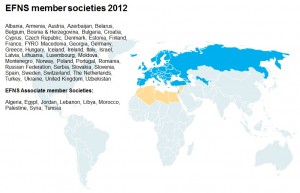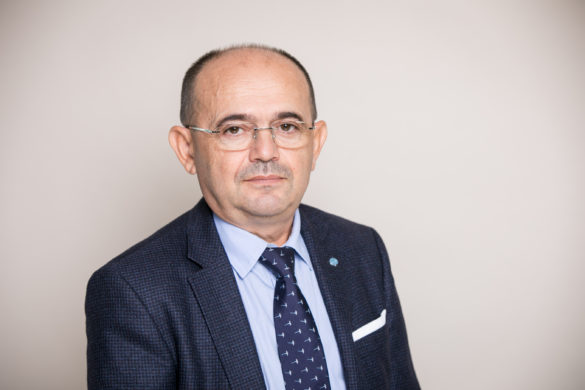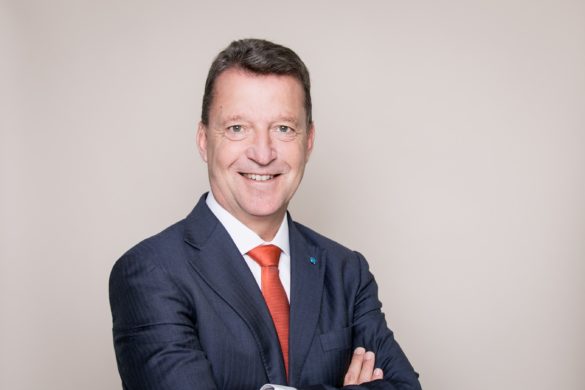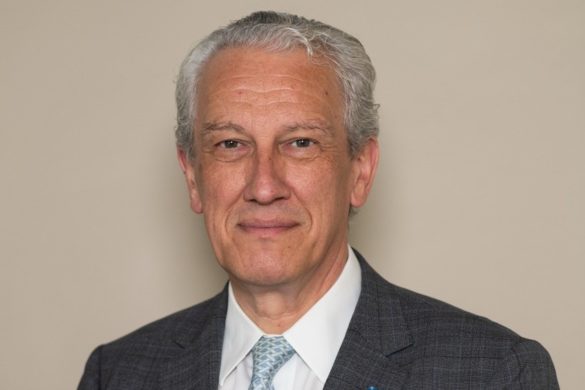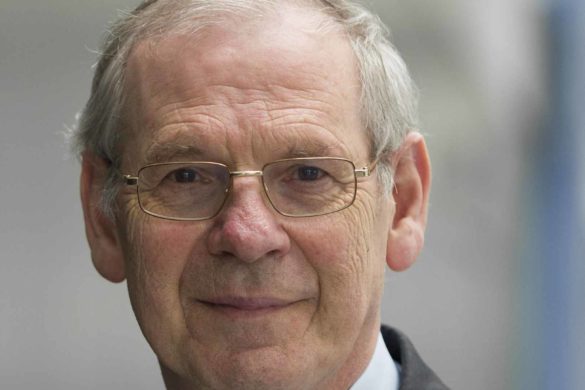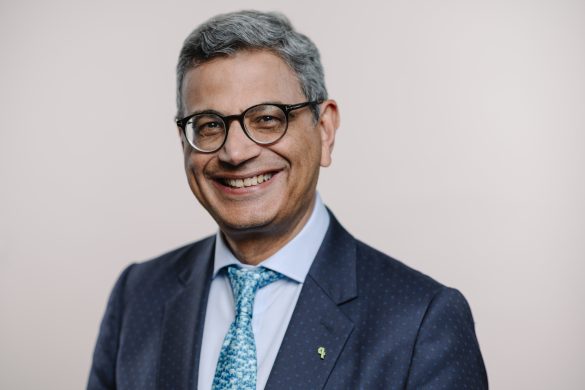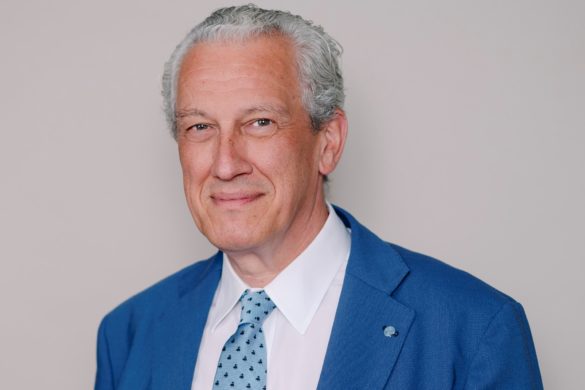 The derivation of the word Europe is uncertain. It may come from a Phoenician word meaning “the west” or another meaning “of a white or fair aspect”. It has nothing to do with the mythical maiden Europa who was abducted from Phoenicia (the region around modern Lebanon) by Jupiter disguised as a bull: she rode on his back to Crete where in due course she gave birth to Minos. Homer used the word Europe to define the area around Greece. The ancient world became divided into Europe, Asia and Africa. The modern dictionary definition of Europe has expanded to “a continent in the west part of the landmass lying between the Atlantic and Pacific oceans, separated from Asia by the Ural Mountains on the east and the Caucasus Mountains and the Black and Caspian seas on the south-east.” In Great Britain there is a tendency to describe Europe as “the continent” and some continental Europeans regard Great Britain with suspicion as offshore islands appropriately described as “perfidious Albion”.
The derivation of the word Europe is uncertain. It may come from a Phoenician word meaning “the west” or another meaning “of a white or fair aspect”. It has nothing to do with the mythical maiden Europa who was abducted from Phoenicia (the region around modern Lebanon) by Jupiter disguised as a bull: she rode on his back to Crete where in due course she gave birth to Minos. Homer used the word Europe to define the area around Greece. The ancient world became divided into Europe, Asia and Africa. The modern dictionary definition of Europe has expanded to “a continent in the west part of the landmass lying between the Atlantic and Pacific oceans, separated from Asia by the Ural Mountains on the east and the Caucasus Mountains and the Black and Caspian seas on the south-east.” In Great Britain there is a tendency to describe Europe as “the continent” and some continental Europeans regard Great Britain with suspicion as offshore islands appropriately described as “perfidious Albion”.
The EFNS has a very relaxed view about the definition of Europe. In September the Council unanimously elected Azerbaijan as a full member bringing our membership to a total of 45. In this we are justified by the protrusion of part of their country north of the Caucasus just as we are justified in adopting Turkey since part of their country is on the European side of the Hellespont and the Russian Federation because part of theirs is west of the Urals. However no such justification is needed because Israel was one of the founding fathers and Uzbekistan was elected to membership in 2004. Full members pay subscriptions for each of their individual members. We also have an associate member category for countries which do not pay subscriptions for their individual members. There are now 9 of these including Palestine which was elected as an associate member by Council in September.
The reason we have a relaxed view of our geographical definition is that our mission is clinical and not political. We serve the interests of about 19,000 neurologists all striving in different ways to look after the needs of people with neurological disease which are largely similar whether they are steaming in Seville or shivering in Stockholm. Our annual Congress is our most obvious, but not only, manifestation. Even with modern transport, distance is still a consideration, making continental congresses more practical than global meetings. By meeting as a European organisation we expand our horizons beyond our own countries, reach critical mass in research endeavours and make new friends. The golf Ryder Cup is almost the only endeavour in which Europe competes together against another continent. The recent award of the Nobel Peace Prize to the European Union was a remarkable milestone. The EFNS and ENS and soon the EAN should make sure Europe is at the forefront of the battle against neurological diseases.
On being European
previous post

